Jet Shaming, Capitalism and Other Controversies and How They Impact Aviation Marketing – If you’re afraid of controversy, or if selling makes you feel timid, your potential customers can definitely “smell it.” Human beings have a remarkable ability to sense when another human being is uncomfortable with with their doing or saying, and they find it incredibly repellent.
The best way to fix this? Tell the truth! Most of us are terrible liars, even if we’re lying to ourselves.
If you’re feeling a little squishy about capitalism, income equality, environmental concerns or anything else, it could be that you need to explore your underlying philosophies, make whatever adjustments you need to get aligned with your actual beliefs, and get comfortable with talking with customers about the things you actually AGREE on.
John and I disagree about many things in this episode. That’s okay. As long as everybody’s being honest and respectful, you can do that too!
[smart_track_player url=”http://traffic.libsyn.com/aviationmarketing/Capitalism_and_other_Controversies.mp3″ background=”default” ]
Transcript – Aviation Sales in the Age of Controversy – Jet Shaming, Capitalism, and other Fights
Welcome to this week’s episode. And the title of this one is not something I ever expected to have to explain in public, right?
John:
At all, much less in public.
Paula:
Exactly. So Capitalism is a Good Thing. And we’re going to talk about what that means to marketing. And what that means also to the aviation industry. And some things that are going on right now that we never thought we would have to explain, but we do. So we’ll get into it. And John and I might have differences of opinion in this episode as well.
John:
Tell me it isn’t so.
Paula:
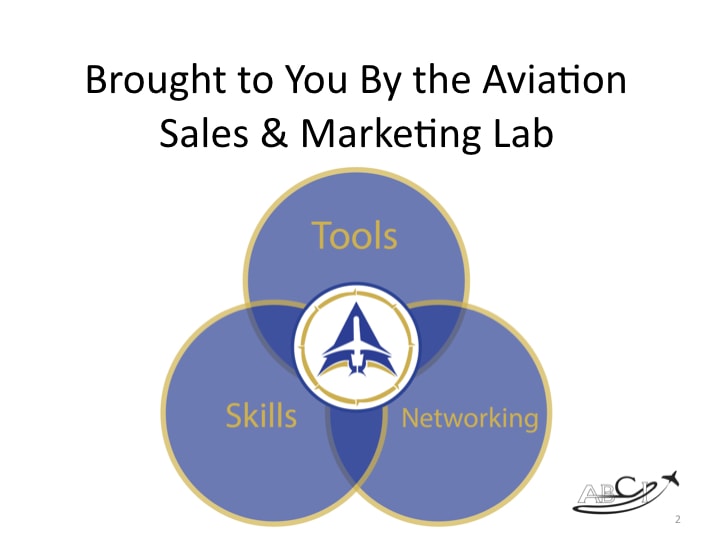 All right. So this episode is being brought to you by the Aviation Sales & Marketing Lab, which is our method of providing skills, tools and networking in the most effective and most cost effective possible way for our clients and others, so that we are doing what we can for the industry, right?
All right. So this episode is being brought to you by the Aviation Sales & Marketing Lab, which is our method of providing skills, tools and networking in the most effective and most cost effective possible way for our clients and others, so that we are doing what we can for the industry, right?
John:
Yes.
Paula:
So two new words that we have been hearing in consultations and office hours are flight shaming and jet shaming. I have never heard either of these two terms until what, probably six, eight months ago. Yeah. And now everybody we talk to is worried about this one.
John:
Not everybody, I’m not.
Paula:
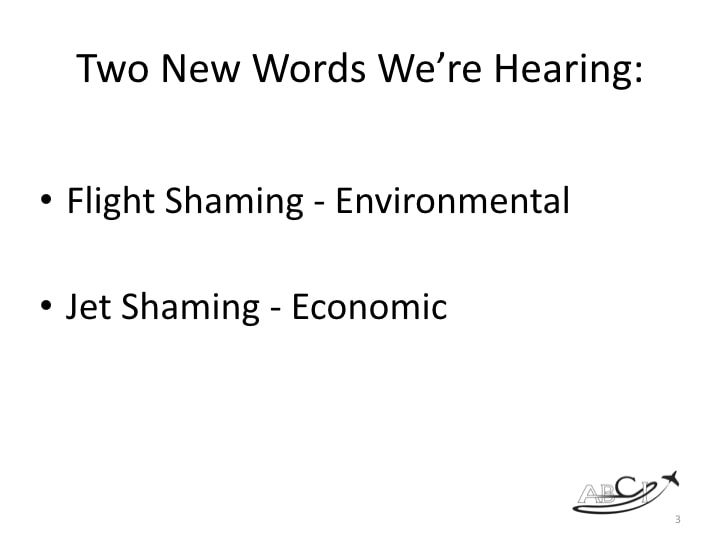 Everybody who is involved with aviation sales or marketing as a broker, or as a charter company, or as pretty much anything has run into some resistance from customers in one way or another. They’re more concerned about confidentiality. They’re more concerned about a lot of different things because of these two concepts, right?
Everybody who is involved with aviation sales or marketing as a broker, or as a charter company, or as pretty much anything has run into some resistance from customers in one way or another. They’re more concerned about confidentiality. They’re more concerned about a lot of different things because of these two concepts, right?
John:
If you say so.
Paula:
Hmm, okay.
John:
Confidentiality, I don’t understand what that’s got to do with this.
Paula:
A lot of people are… In fact, I just did a consultation with someone that felt like it looks bad for some of their clients to be using a charter service, because their board, and it’s actually a university. If they do flights to recruit college students or high school students and things like that into a college team, then the board of the college feels like this is an undue use of money. And it’s also bad for the environment, and a lot of different things.
Paula:
So right, wrong or otherwise, it is a concern and you’re not going to get anywhere by denying that it’s happening or by scoffing at it.
John:
I’ll scoff if I want to.
Paula:
Yeah, you can scuff if you want to, but it is a real concern for some folks. And how you handle this is going to have a big impact on how your business progresses in the next year or so.
John:
Yep, that would be true.
Paula:
Okay. So flight shaming is kind of the environmental side of this. And that would be some things that have been going on in the news where politicians are being shamed for flying across the country when other politicians will fly coach or will take a bus… Greta Thunberg very famously doesn’t fly anywhere, and is doing some kind of world tour and things like that. So agree, disagree, doesn’t matter.
Paula:
The thing is it has become a concern, okay?
John:
For some people.
Paula:
For some people. Second, and this is the one that we’re going to talk about in this episode, is jet shaming as an economic phenomenon. So this is where people feel that someone is using funds inappropriately by using private aviation or using aviation at all. And we hear it most famously, a news story about Nancy Pelosi flying from Washington DC to California. There’s lots of things. It doesn’t matter which example we use from which party. So please don’t jump on that. But the point is, it is being used as a means to… As a club to beat people with, really. They’re doing something that people disagree with. And some of your clients may have the concern that it looks bad for them to be using private aviation when they weren’t concerned about that a year ago. Right?
John:
I suppose.
Paula:
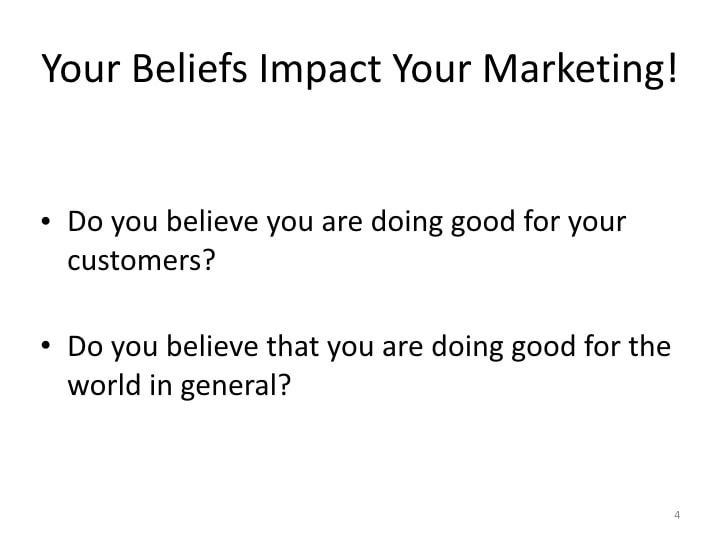 I suppose. Some of your clients have boards to answer to. Some of your clients have other folks that they need to deal with. So let’s talk about this and just be real frank, right? Your beliefs impact your marketing. So if some of this is starting to sink in for you, a lot of the news stories and other kinds of things, they do tend to get under our skin. And we start to feel apologetic, or we start to under play our message, we start to be less aggressive, we start to be a little timid if we feel like people are going to disagree with us. So you really have to be pretty solid in your own beliefs and feel pretty good about what you do for a living, in order to do it effectively. Right?
I suppose. Some of your clients have boards to answer to. Some of your clients have other folks that they need to deal with. So let’s talk about this and just be real frank, right? Your beliefs impact your marketing. So if some of this is starting to sink in for you, a lot of the news stories and other kinds of things, they do tend to get under our skin. And we start to feel apologetic, or we start to under play our message, we start to be less aggressive, we start to be a little timid if we feel like people are going to disagree with us. So you really have to be pretty solid in your own beliefs and feel pretty good about what you do for a living, in order to do it effectively. Right?
John:
Mm-hmm (affirmative).
Paula:
Okay. So two questions. And I want you to ask yourself this very seriously, and this is not getting hokey or anything else.
Paula:
I just want you to ask yourself, do you believe that what you are doing for a living, being in the aviation industry, being in sales and marketing in the aviation industry, do you believe that you are doing good for your customers? That’s question number one. Question number two is, do you believe that you are doing good for the world in general? And if you can answer those two questions with a resounding yes, and then you get on the phone with a customer, you’re going to have a different tone of voice then if you are starting to feel a little waffle-y and weird. Right?
John:
Absolutely.
Paula:
Okay. So no waffle-y, no weird. Right?
John:
Not for me.
Paula:
Right.
John:
Or us.
Paula:
Okay. So if you are as old as John and I, you are probably astonished with a lot of the things that are going on in the news, where people are starting to sound like capitalism is bad and socialism is good.
Paula:
Now, this is completely opposite of the way that we grew up, right?
John:
Mm-hmm (affirmative).
Paula:
Okay. And if you’re older or younger, no matter who you voted for, for president, I will tell you we voted for different people. But we both are very solidly in the capitalism is good camp, right?
John:
Oh, yeah.
Paula:
Okay. And there is nothing wrong with that, right? No matter what your kids tell you. But anyway, the reason that we’re doing this podcast is because we’re starting to hear a little bit of apology in some of the folks that we’re working with. They feel like they’re not being able to be as aggressive as they were a year ago. And I think you can be. You just have to be sensitive about the way you do it. You’re not going to like the way that I said sensitive, right?
John:
No.
Paula:
Yeah.
Paula:
You need to understand where your customers are coming from.
John:
That’s true.
Paula:
And the better you understand your customers, the better you’re going to do, but you don’t have to agree with them, right?
John:
Heck, no.
Paula:
Okay. This is actually a really good cartoon that I’ve seen. And there are all kinds of versions of this. But I like this one because it’s a real simple explanation. And of course there’s a million problems with it. And if you’re listening to this rather than watching, this is the blue cows meme that has been floating around on social media for years. So the first square is a cow in a blue square and it says, “Communism. You have two cows. The state takes both and gives you some milk.” Next blue square, “Fascism, you have two cows. The state takes both and sells you some milk.” Third square, “Bureaucratism, you have two cows. The state takes both, shoots one, milks the other and then throws the milk away.” And the fourth is, “Traditional capitalism.” And that is basically, “You have two cows, you sell one and buy a bull. Your herd multiplies and the economy grows. You sell them and retire on the income.”
Paula:
So I think what a lot of people are equating with capitalism is actually what would be in this meme bureaucratism, right? So if you think that capitalism is bad, you probably actually think bureaucratism is bad.
John:
Except that they use the other word.
Paula:
Right. And you can’t-
John:
They don’t use bureaucratism.
Paula:
You’re never going to sell anything by butting heads with your customers. No, they don’t.
John:
What I’m saying is, you’re assuming this is what’s going on in the country and this is not.
Paula:
Right. But what we have to do is we have to understand where our customers are coming from.
John:
That’s fine. But that one, that bureaucratism, it should be socialism.
Paula:
I think that’s probably more like communism.
John:
Whatever.
Paula:
Mm-hmm (affirmative). But the point is, we can argue about these words, right? But we all agree that the fourth square is best, no matter what labels you put on these things. And I think a lot of people are putting this into a false dichotomy. And I think a lot of us agree a whole lot more than we ever thought we did. We’re just using these labels to beat each other up. Right?
John:
I’m not sure I concur with that.
Paula:
Okay. Your point would be?
John:
About beating us up?
Paula:
Mm-hmm (affirmative).
John:
I don’t think the younger crowd understands what they’re talking about.
Paula:
Okay. So if you had to convince a younger person, how would you go about it?
John:
I don’t know that I could. And the reason is, let me give you a little story. I was in New York City going to class for IBM, went out to lunch with this person. And we’re sitting there talking, and somehow or another got on the topic and she was hardcore socialist. I said, “So yeah, but as a capitalist, I can work my butt off and if what I really want is a yacht, I can sell everything I’ve got, go buy a yacht and I’m okay. I paid for it, I’m paying all the taxes, done everything.” And she said-
Paula:
And you provided value to the whole world in order to get to the point where you could buy this yacht, right?
John:
Her take was, “Yes, but everybody should be able to have a yacht like that.”
Paula:
Not unless they provide value.
John:
She said no. And I was so astounded I couldn’t think of what to say.
Paula:
Right. There aren’t very many people who are that hardcore.
John:
You’d be surprised.
Paula:
Okay. Not people who are in the market and prospective customers.
John:
Hopefully not.
Paula:
Right. Okay. So the people that you’re most likely to run into as prospective customers are somewhere on the fence. They are being hounded by their relatives and by other people and things that are going on in the news. And they are maybe feeling a little squishy about using private aviation, or booking a charter flight, or buying a jet or buying a 172. Where you start is what do we agree on, right? And if you can start with something that you agree on, it’s a whole lot easier to back up into, you know what, this is fine, right? You can turn anybody into a full throated capitalist if you start from the point of view of what do we agree on. You’re not going to get anywhere if you start by saying, you’re wrong and I’m right. Okay?
John:
I will say that you have a better chance of doing it that way.
Paula:
That doesn’t mean it’s going to work every time.
John:
It may not even work a majority of the time. I have run across many people that are what you call hardcore, like that lady.
Paula:
Right. But they are not prospects.
John:
I don’t know. And they may have been. At The time, I wasn’t in this business.
Paula:
Right, exactly. But if you ran into a prospect like that, you’ve got a bigger problem.
John:
No joke.
Paula:
But the point is you’ve got a shot if you start with what you do agree with. You don’t have a shot if you start from the point of view of, I disagree with you. Right?
John:
Yep.
Paula:
Okay. So this really boils down to, which picture of aviation do you believe? They are both true from a certain point of view, but are you doing good in the world or are you causing harm to other people? It depends on what you use it for. Aviation, just like fire, just like money, is neither good nor bad, right? It’s a value neutral entity that just exists. Right? Okay. It’s a tool. It’s a business tool. So what do you do? I think what you do, and what I do personally and it works really well for me, is you start from the premise that there is a false dichotomy, right? You don’t have to choose a side and say, I am for capitalism or I am for social justice, and those two things are a one way street. And they will never come together.
John:
But again, you’re mixing stuff.
Paula:
Exactly.
John:
You’re mixing social justice, not socialism. And it’s the isms that where people are doing it.
Paula:
Exactly. So I am a rabid advocate for social justice. I am a rabid advocate for capitalism. I do not see a conflict between those two things.
John:
But then that’s not the term they’re using.
Paula:
No, it’s not. I’m starting with what we do agree on. I changed one term a little bit, and we start with what we agree on. Okay. If I put socialism up there, I can’t get on board with you. If I say social justice on there, we’re on the same side.
John:
Except that I don’t like the mixing of words like that.
Paula:
Okay. How do you do it?
John:
I really don’t know. But when you do that, that looks to me like you’re weaseling out. And That’s not me.
Paula:
Okay. If I felt that way, then I would be weaseling. I don’t feel that way. So I can wholeheartedly, and this is really what it comes down to, is what do you believe? So I can do this, but you can’t because you don’t believe it.
John:
Nope.
Paula:
Okay, cool. So find something that you can agree with your prospect on, and then work backwards from that point. And another thing I like to do is just go back to basics, right? So read up on capitalism. The Wealth of Nations I think is probably the best source of what capitalism is supposed to be. And the things that people are arguing about… If you run into somebody that says capitalism is bad or has that vibe, then it is very likely that they’re not talking about capitalism.
Paula:
They’re talking about current events and some things that have gone haywire with insurance, or corruption, or government, or politics or something else. That’s not capitalism.
John:
Capitalism is not easy.
Paula:
No.
John:
You have to really want it. You have to understand it and you have to work at it. And if you do all those things, you have a shot at getting whatever you want.
Paula:
So John and I disagree on many things, but there are many things that we also agree on. And I think the things that we feel the most strongly about are things that we do agree on. And you can be that way with your customers as well.
John:
Yep. Absolutely.
Paula:
All right, so this controversial episode has been brought to you by our Aviation Sales & Marketing Lab, which is full of delightfully controversial people.
John:
So did I play the devil’ advocate correctly?
Paula:
I think so, I think you did an outstanding job.
John:
Oh good.
Paula:
And the really nice thing about people in the lab is that they are also very, very…
John:
Straight shooters.
Paula:
[crosstalk 00:16:50] to each other. Exactly. And you know, they have different takes on things, but if you can do that networking with people and they can tell you, “This is what worked with me. I ran into someone who had this objection and this is how I countered it.”
John:
Yeah, and you talk about any of the marketing precepts and concepts that we talk about and teach, and they will tell you what worked for them and that they may have a question that you can help them with.
Paula:
Yeah. And there’s a million variations within what we do and we teach. And these guys have all got boots on the ground and are actually talking to customers every day. So anyway, we love the lab, we love the people in it, and we hope you’ll join us. So go sell more stuff.
John:
America needs the business. Thank you.
Paula:
Capitalism all the way. Go capitalists. Thank you for joining us and we’ll see you next week.
Podcast: Play in new window | Download
Subscribe: Google Podcasts | Spotify | Amazon Music | RSS

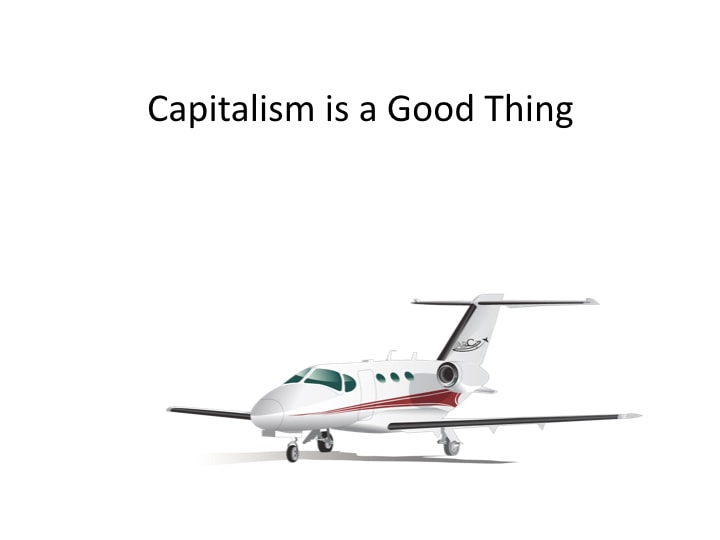
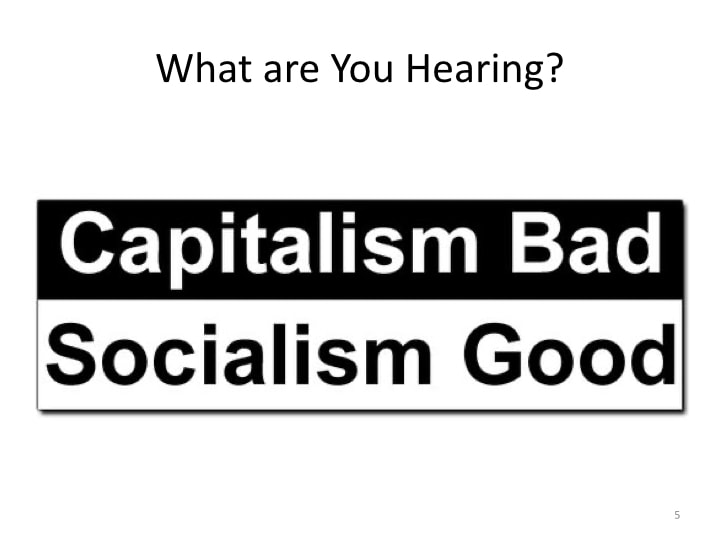
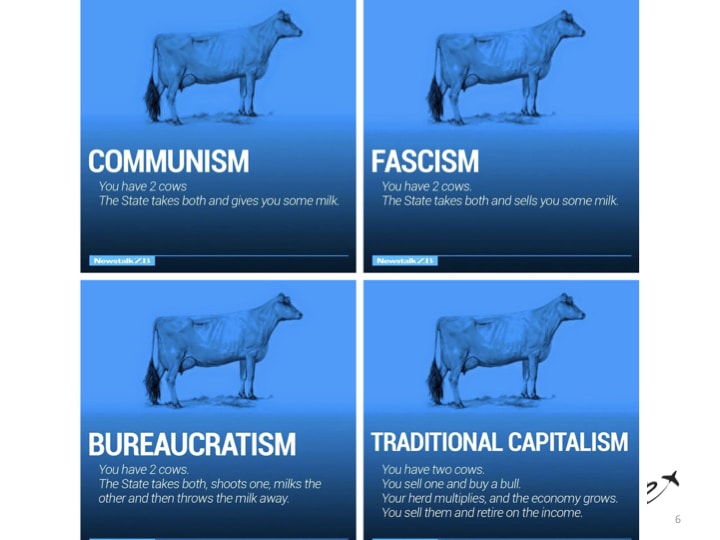

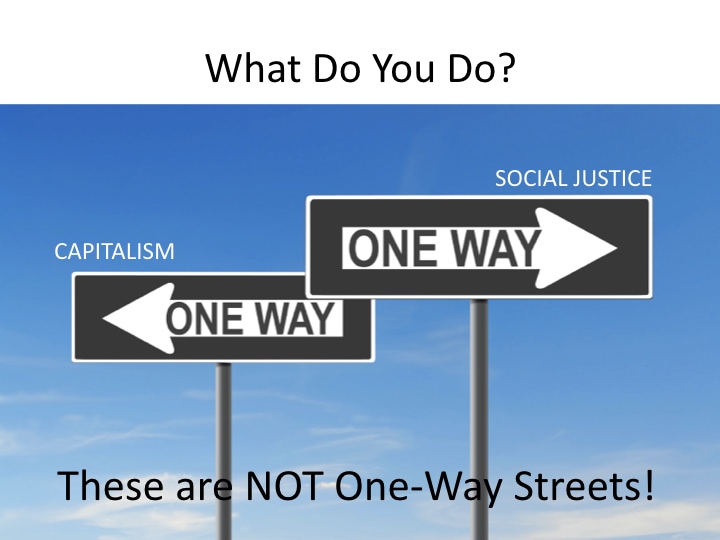

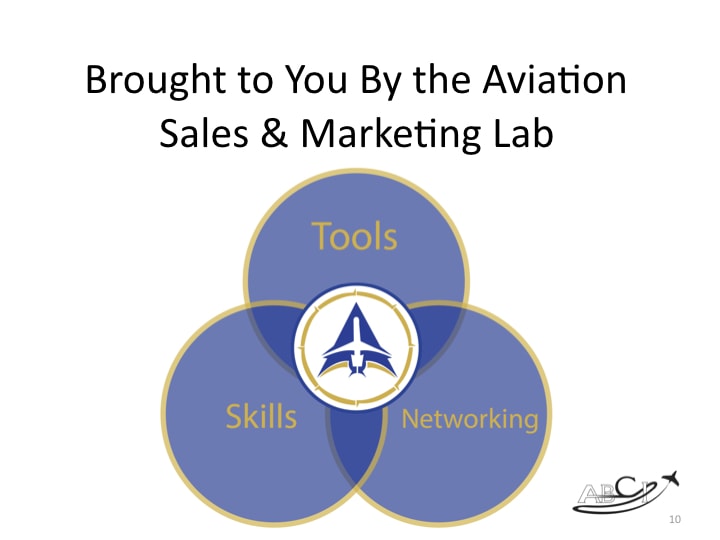
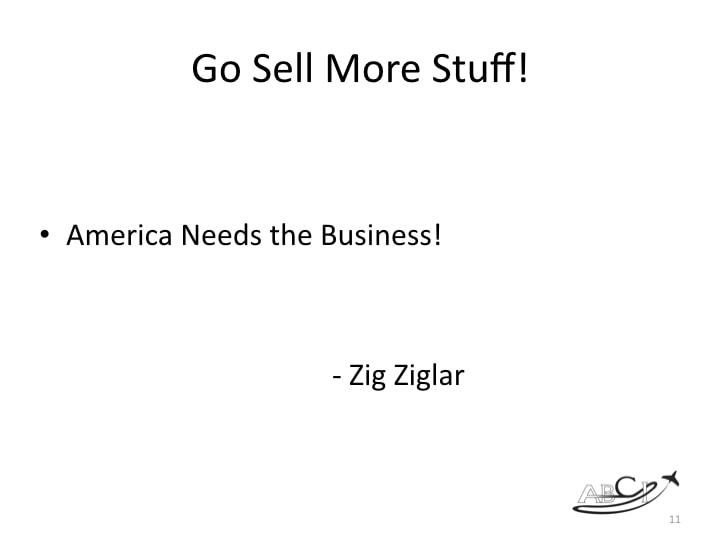






Nice post!! It’s useful and helpful article for me. Thanks for sharing.
This is really a great article and a great read for me. It’s my first visit to your blog and I have found it so useful and informative. Thank you